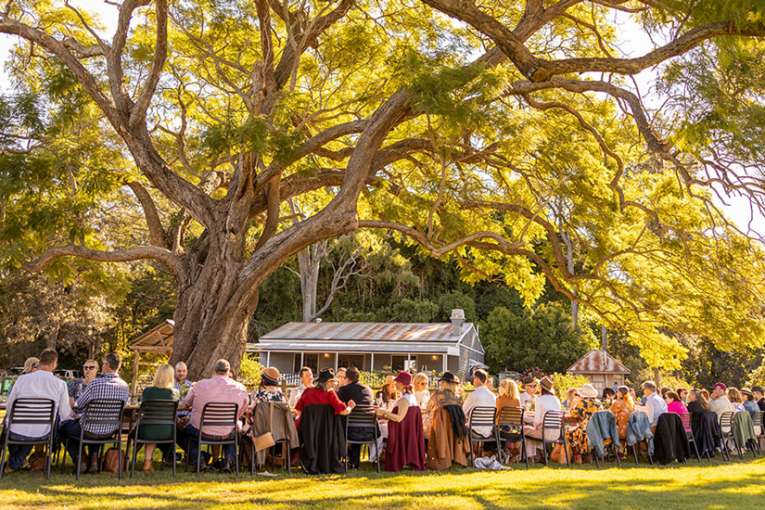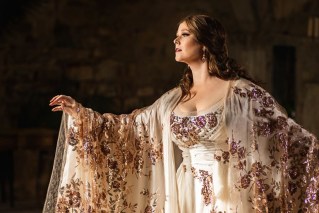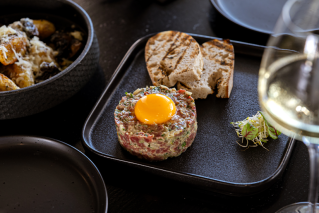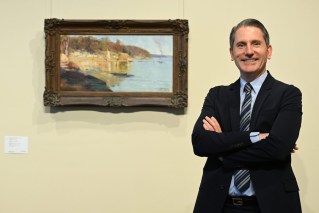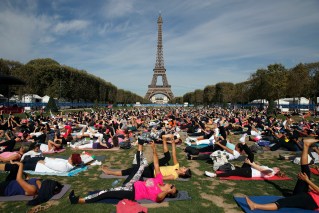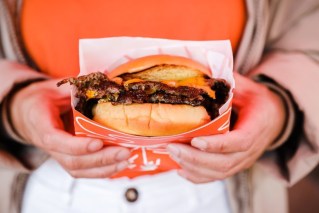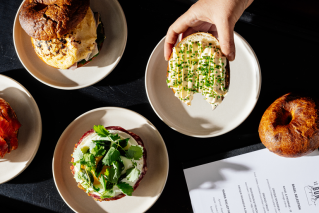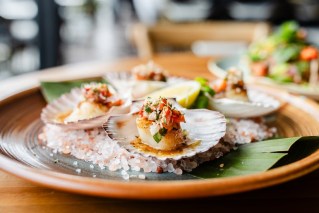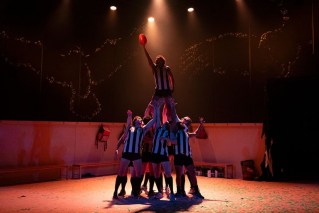Own worst enemy: Arts boss says industry to blame for tough times
The arts industry had itself to blame for losing out on funding and support during the pandemic because it had failed to tell the story of its value to Australia and instead went asking for handouts, according to a Queensland arts industry chief.

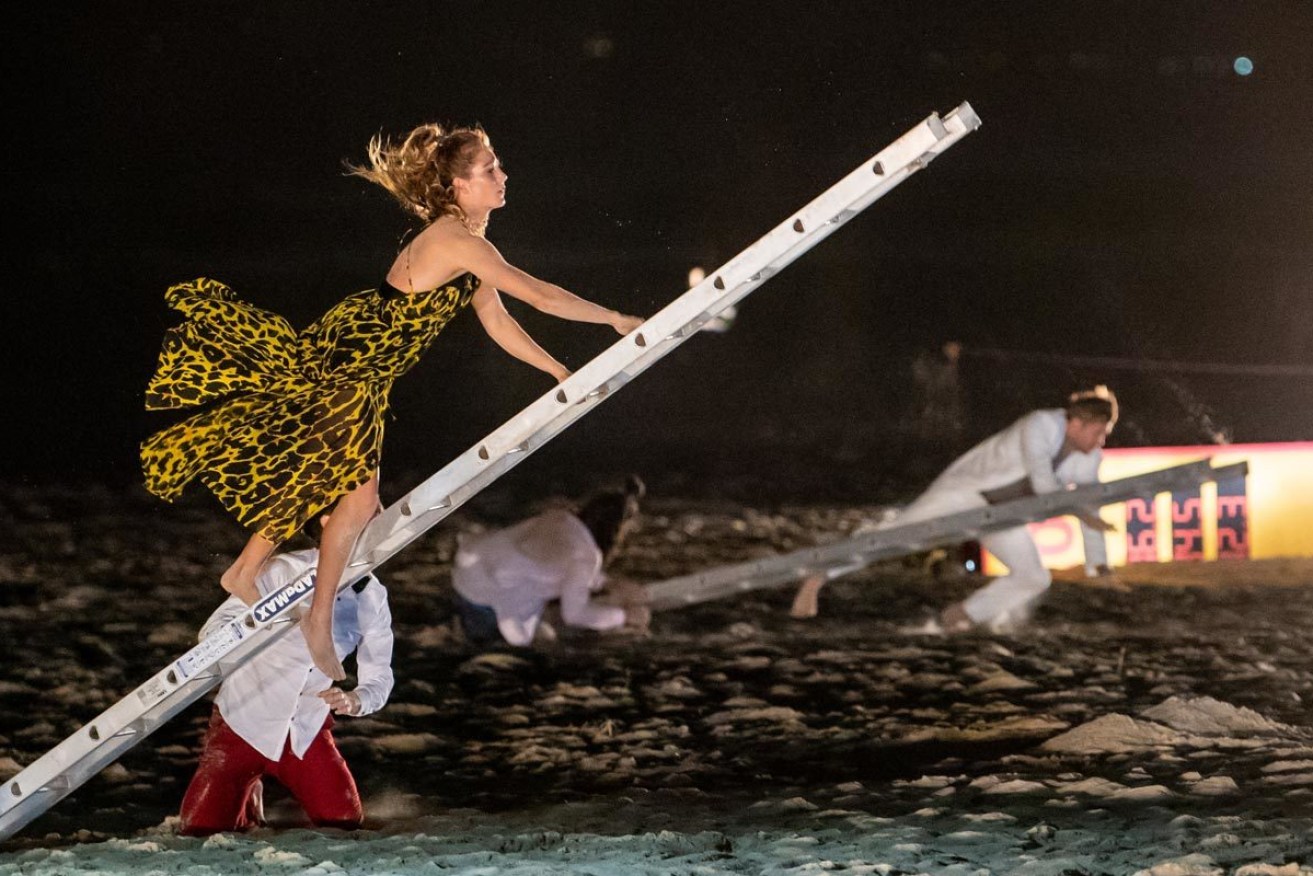
Gold Coast's Blech Festival was staged during the pandemic. (Photo: Hota.com.au)
The extraordinary claim by Mik Auckland, Director of Programming and Presenter Services at Home of the Arts (HOTA) on the Gold Coast, came as capacity crowds began returning to Queensland music and performing arts theatres over the weekend as COVID-19 restrictions were further relaxed across the state.
But Auckland, speaking at Griffith University’s in conversation event with interviewer Kerry O’Brien at HOTA on Tuesday, said while “green shoots” may be appearing in the arts and culture sector, the industry had been devastated by the pandemic.
The sector that annually injected $112 billion into the economy needed to reset, he said.
“A lot of damage will be hidden. It won’t surface until we start to find the people we relied on, and that maybe we didn’t even know we relied on, just don’t even exist in that chain anymore because they’ve had to move on, they’ve had to become an Uber driver, they’ve had to go and start a shop, they’ve had to turn their scenery factory into a factory that makes desks,” Auckland said.
“I think undoubtedly there will be people who’ve found it too hard to continue in this industry and have made the decision to do something completely different and their talents and their skills will be lost.”
Auckland, who delivered ceremonies at the 2012 London Olympic and Paralympic Games, and was head of ceremonies, arts and culture for the 2018 Gold Coast Commonwealth Games, said the losses were largely due to the inability of the industry to showcase the value of arts and culture in Australia.
“It’s the story of how valuable we are to the soul of the nation, the salve that we can be to the nation in times of great trouble,” he said.
“I think it says a lot about our inability to tell our own story in a meaningful way, and I mean without telling our story of ‘I’m a poor struggling artist, you need to give me state support to survive’.
He said federal funding, including the government’s Restart Investment to Sustain and Expand (RISE) assistance grants, did not go far to support smaller players in the sector, although he welcomed programs including the Queensland Government’s $22.5 million Arts and Cultural Recovery Package. He said the sector needed to make its case for funding based on the value it delivered.
“I think COVID has been a real push along for the arts industry,” Auckland said.
“We’ve started to understand what we deliver in terms of financial gain to Australia as a whole, and that’s $112 billion annually.
“In NSW, Victoria and Tasmania, one in every 50 people works in the creative industries, so we’re a big part of the population.
“But we haven’t told that story effectively and we need to find ways to do that. And you’d think we’d be able to because we’re really good at storytelling, but we can’t tell our own. Now’s the time to push that reset button.”
